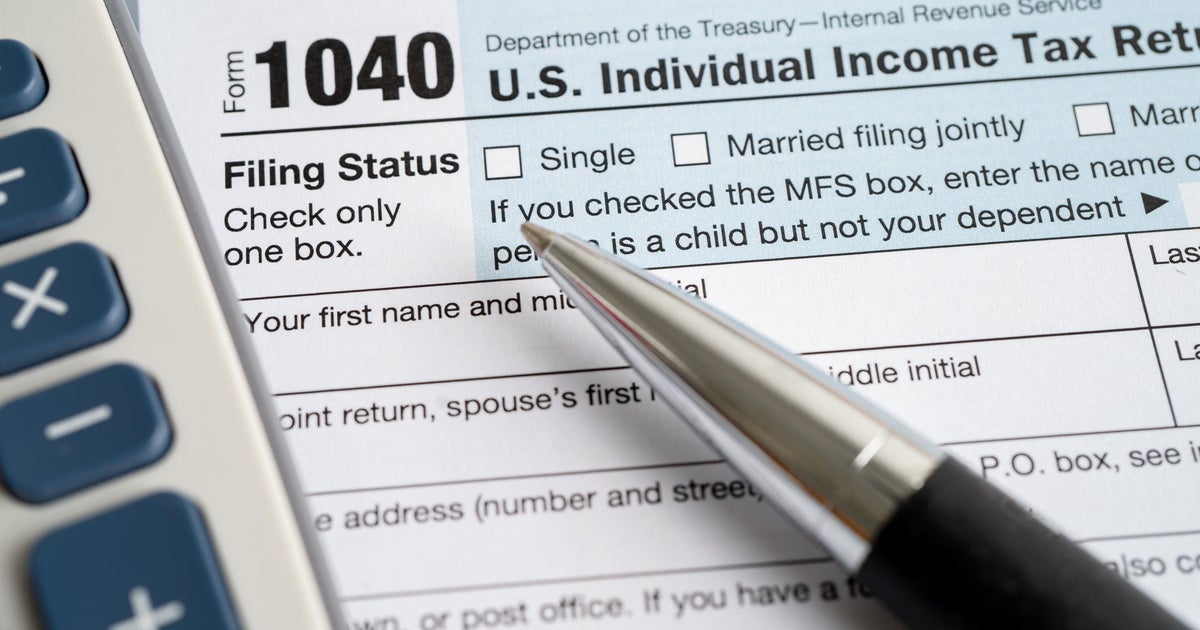How to Strategize for Short- and Long-Term Financial Gains
A new estimate from the IRS reveals that Americans failed to pay a staggering $688 billion in taxes for their 2021 returns, reaching a record level. In response, the IRS is taking urgent action to enhance compliance, including increasing audits on high-income individuals, businesses, and partnerships. This annual data on the tax gap will be provided by the IRS going forward, reflecting a $138 billion increase compared to estimates for tax years 2017 to 2019.
To address this issue, the IRS has intensified audits on wealthy taxpayers, aligning with the goals set forth in the Inflation Reduction Act (IRA). By targeting higher earners who evade their tax responsibilities, the IRS aims to close the tax gap and generate additional federal revenue for programs such as the IRA’s $370 billion investment in green energy.
“The rise in the tax gap emphasizes the significance of bolstered IRS compliance efforts in key areas,” said IRS Commissioner Danny Werfel. He emphasized the urgency of these measures, as they contribute to a fairer tax system, protect law-abiding taxpayers, and aid in combating the tax gap. It’s important to note that households earning less than $400,000 annually will not face increased audits from the IRS.
Understanding the Tax Gap
The tax gap refers to the disparity between the estimated taxes owed and the actual timely payments made, according to the IRS. It encompasses three main components: nonfiling, underreporting, and underpayment.
Nonfiling occurs when individuals fail to submit their annual tax returns on time, resulting in delayed tax payments. There are various reasons for nonfiling, including avoidance in fear of accumulating a significant tax debt or personal crises like divorce or bereavement that may disrupt individuals’ ability to file taxes promptly.
Underreporting happens when individuals fail to disclose their full income, particularly when receiving cash payments that are not reported on their annual returns. This discrepancy can lead to lower tax payments than what is actually owed. The IRS estimates that underreporting accounted for $542 billion of the tax gap in 2021.
Underpayment refers to situations where taxes are reported, but the filers fail to pay the owed amount on time. This often occurs among freelancers, gig workers, or individuals who pay quarterly estimated taxes but miscalculate the amount owed or delay payment. Underpayment contributed $68 billion to the 2021 tax gap.
It is worth noting that approximately 85% of taxes are voluntarily and promptly paid, highlighting the compliance of the majority of taxpayers.
Reasons Behind Underpaid Taxes
Accounting firm Simpson & Simpson Accounting lists several reasons why Americans may underpay their taxes. These include:
- Avoidance due to concerns about accruing a substantial tax debt.
- Personal crises such as divorce or the loss of a family member, leading to difficulties in meeting tax obligations on time.
- Feeling overwhelmed by the complexities of the tax filing process.
The IRS reports that nonfiling alone resulted in $77 billion of unpaid taxes in 2021. These insights shed light on the various factors contributing to the tax gap and provide valuable information for addressing the issue.
For more information, please visit CBS News.
Denial of responsibility! Vigour Times is an automatic aggregator of Global media. In each content, the hyperlink to the primary source is specified. All trademarks belong to their rightful owners, and all materials to their authors. For any complaint, please reach us at – [email protected]. We will take necessary action within 24 hours.


